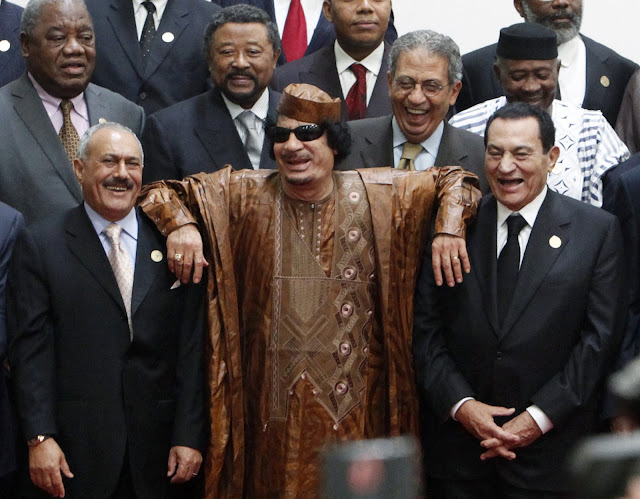Jasmine revolution in Tunisia had been touted as a potentially very significant key in unleashing similar mass uprisings in other Arab lands ruled by iron fists for decades and revolutionaries marked the first anniversary of Mohamed Bouazizi's setting himself on fire last month in an apparent reference to his role in sparking upheavals across the Arab states.
Foreign Policy blogger Stephen M. Walt wrote a post a year ago shortly after Tunisian revolution, claiming that Tunisian revolution won’t spread because these kind of revolutionary cascade is rare in history, similar contagious revolutions such as post-French revolution coups, 1989 communist revolutions have foreign elements involved like French army and Soviet threats of invasion. He also added that a rising revolutionary wave often depends on very particular preferences which he doubted are the same with preferences of Tunisian revolutionaries. He noted that Tunisian revolution is a warning signal to other Arab autocrats to be vigilant in curbing any signs of emerging uprisings and that possible hardships that could follow Tunisian revolution may not be attractive to Arabs elsewhere.
He later regretted yet not embarrassed by his post after Egypt’s leader Hosni Mubarak fell and uprisings spread to Yemen and Libya. He wrote a defense, claiming that revolutionary events are inherently hard to forecast, citing Timur Kuran's study and underlined that he didn’t say contagion was impossible, “just unlikely.”
As events clearly indicate, it is hard to claim that Tunisian revolution did not set off upheaval elsewhere but it is still a valid argument to assert that revolutions rarely spread.
Walt was correct in suggesting that Tunisian revolution won’t spread and what we witness today is not cascade of revolutions bringing down leaders of autocracies but just only increasing tide of unrest sweeping across the Middle East. Some countries such as Jordan and Morocco, partially successfully addressed demands of change by reforms. Some chose to massacre his own people and this includes Libyan and Syrian authorities. In Egypt, Mubarak had to leave to save his regime and latest developments make it increasingly clear that Egyptian revolution in fact never took place and that former Mubarak-era ministers and army are still ruling the country. Mubarak’s departure only delayed any possible real revolution in Egypt.
In Yemen, President Ali Abdullah Saleh skillfully made any type of maneuvers he knows to fool Gulf and Western countries to keep his seat secured. Leaders brutally cracked down on protests in Algeria, Bahrain, Kuwait and Iran. Early signs of uprising in Saudi Arabia, mainly led by Shiite minority, were prevented as King Abdullah promised billions of dollars of public spending.
Libyan revolutionaries were unable to topple their strong leader and Gaddafi was ousted literally by air invasion, thanks to the military support of NATO.
Only in Tunisia, with its natural dynamics, people got rid of Tunisia’s decrepit leader and his corrupt regime. Leaders of other countries, going through the instability and unrest, skillfully delayed any possible revolutions. If not Tunisia’s revolution, may be a surprise uprising in Syria or Yemen would be make it easier to tumble down those regimes.

No comments:
Post a Comment